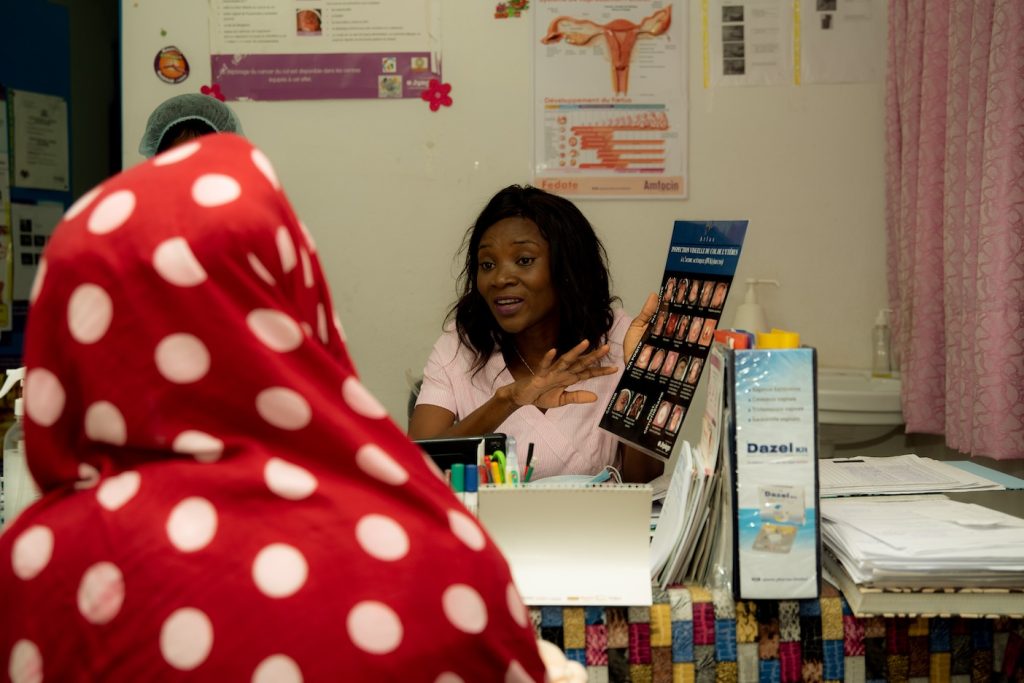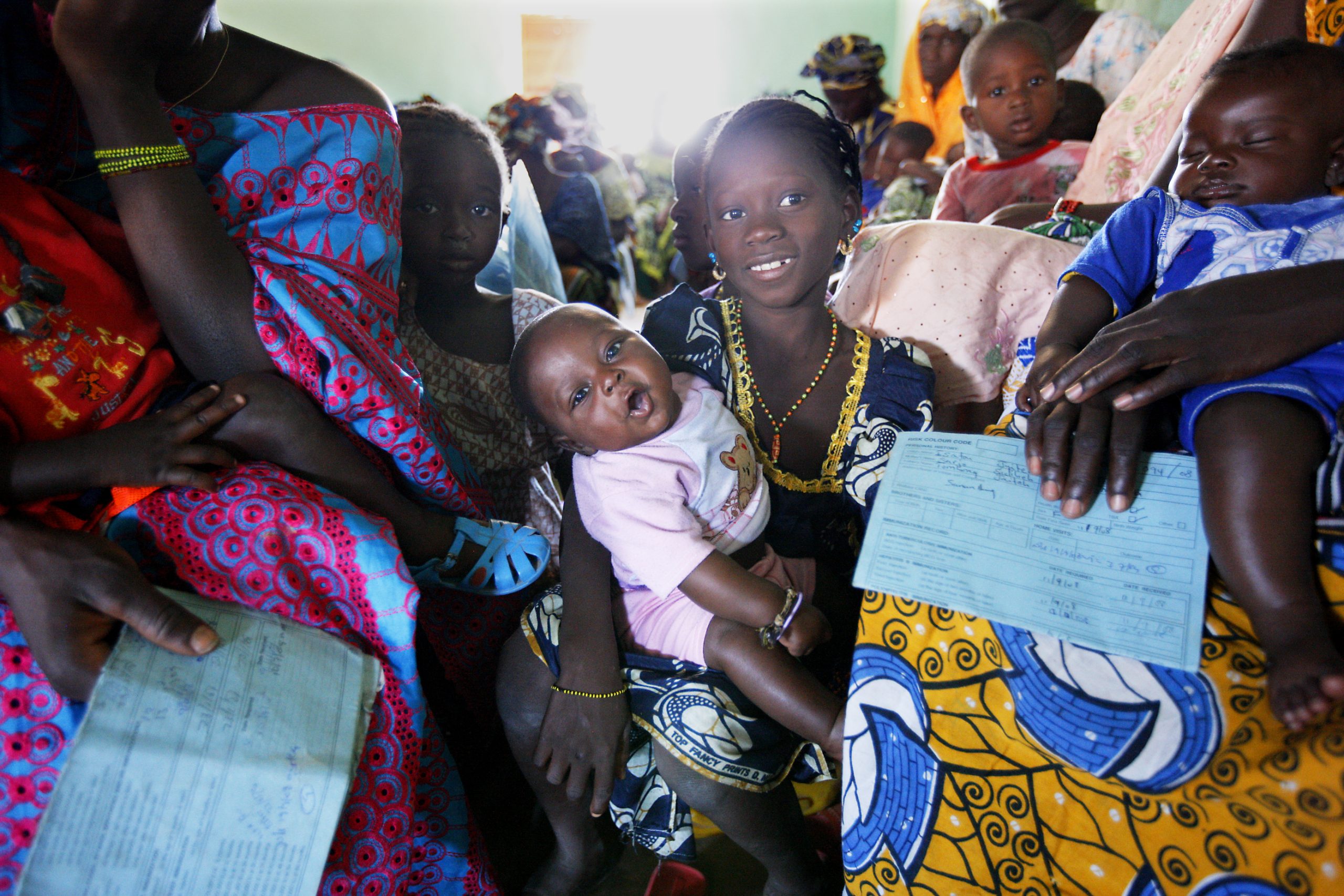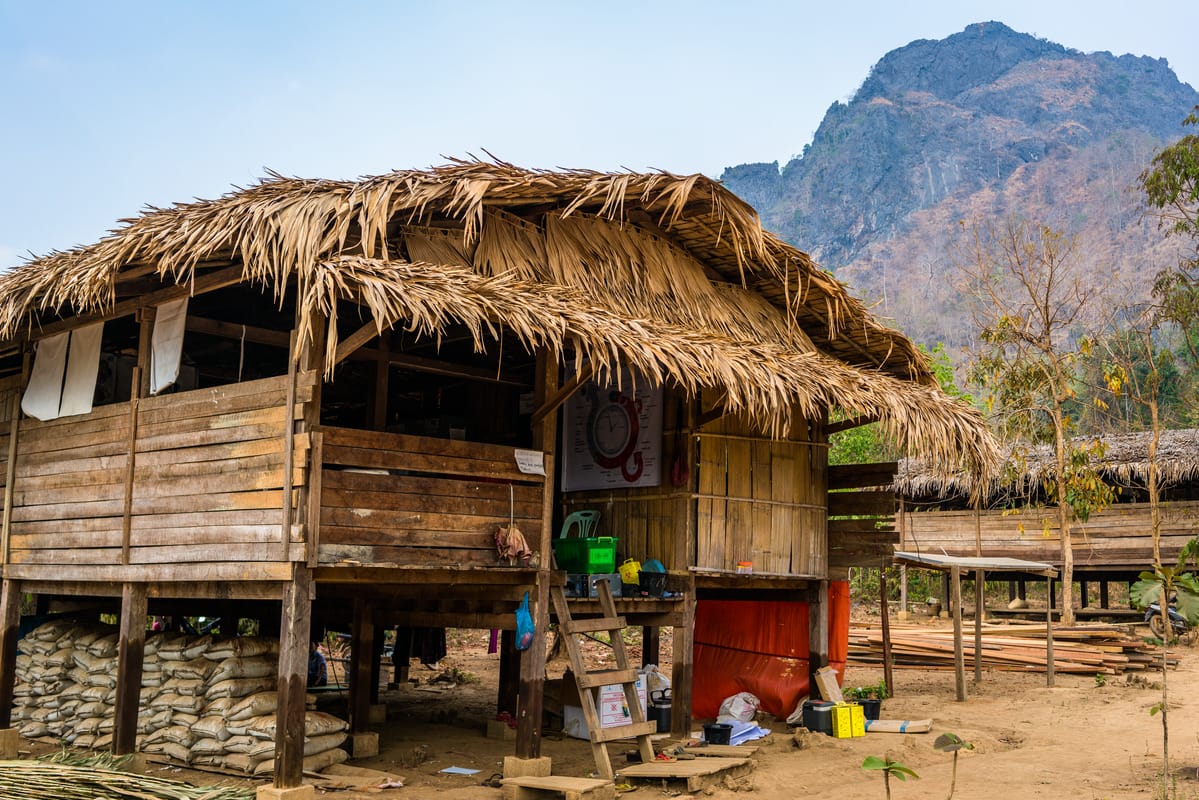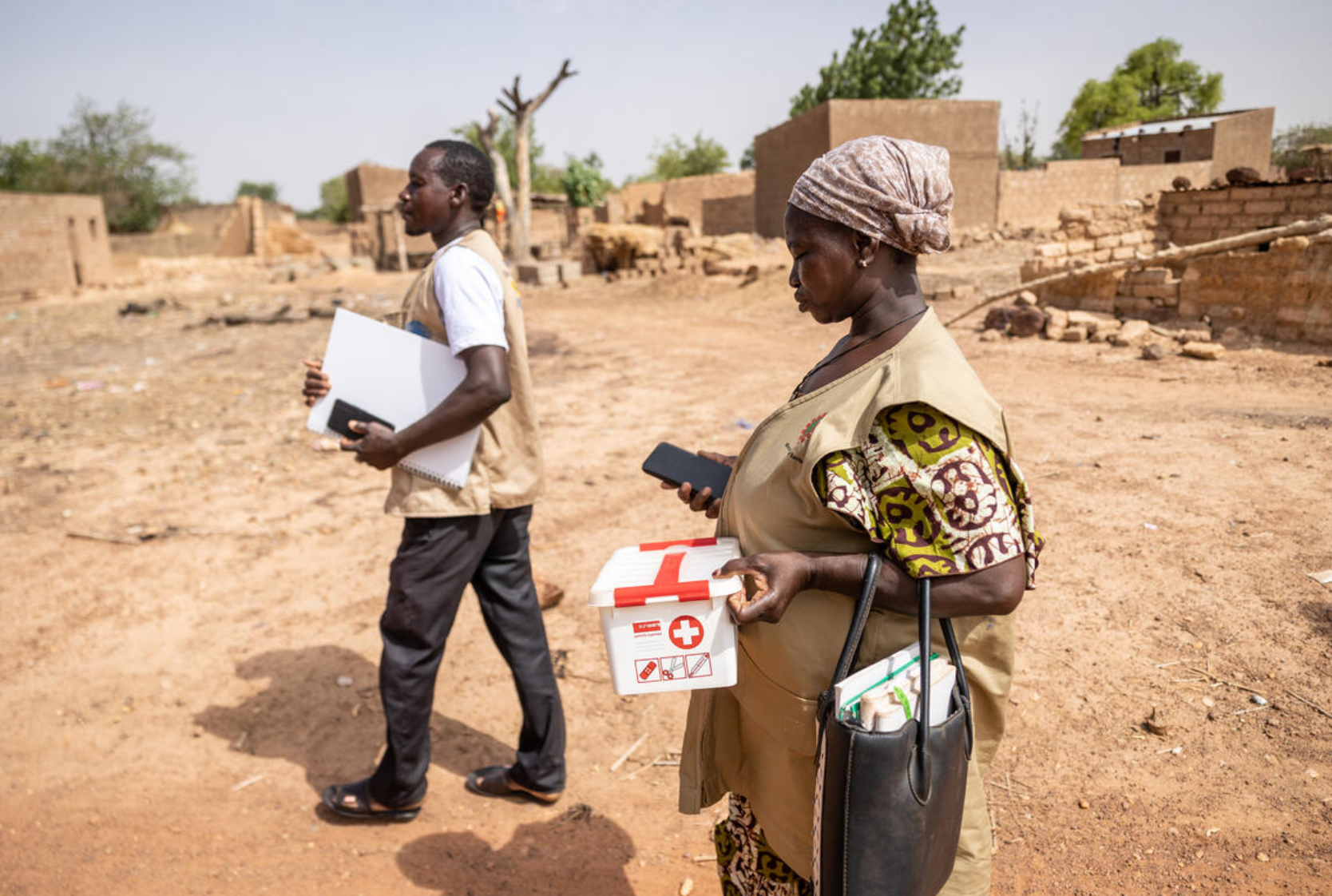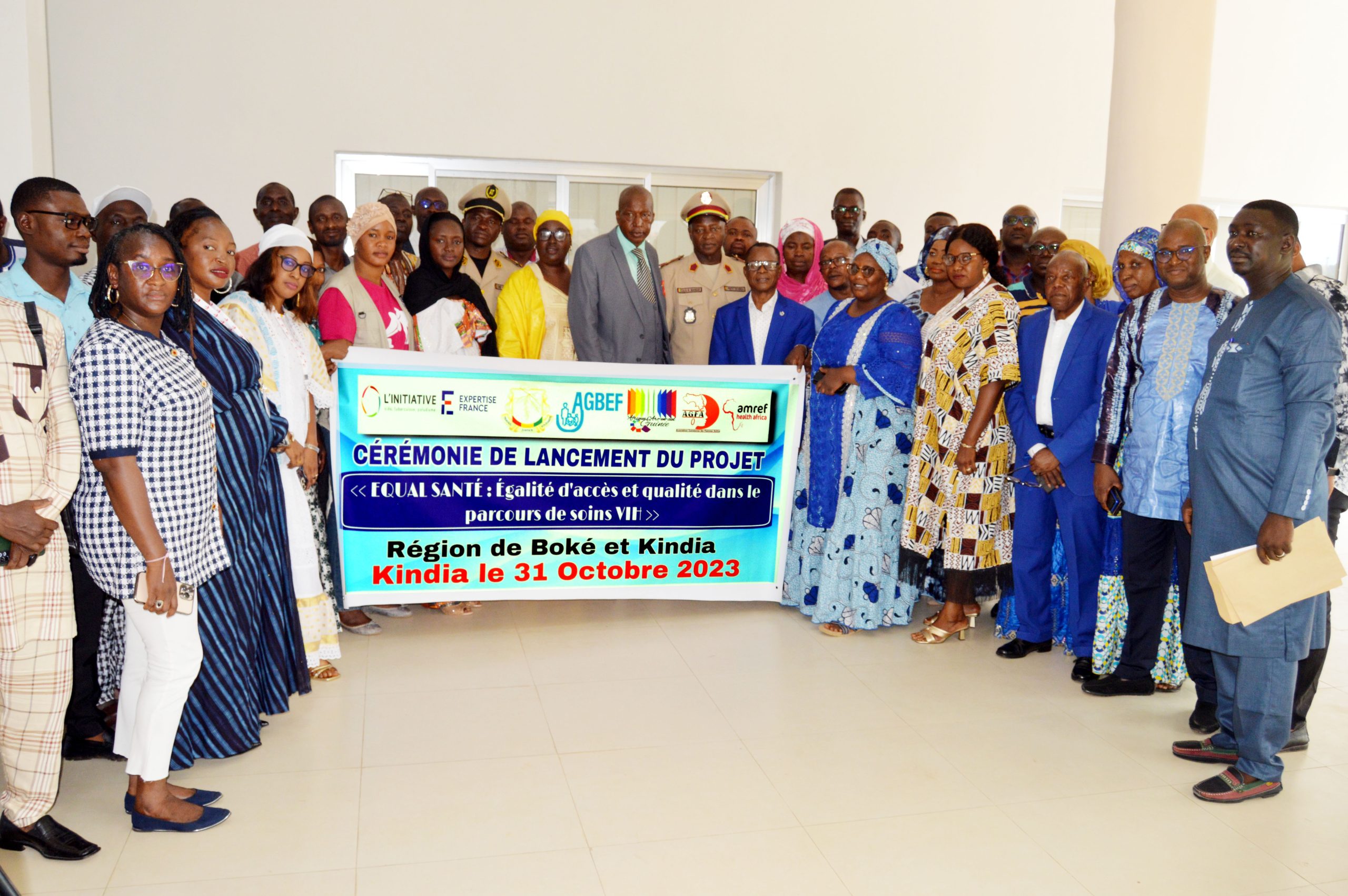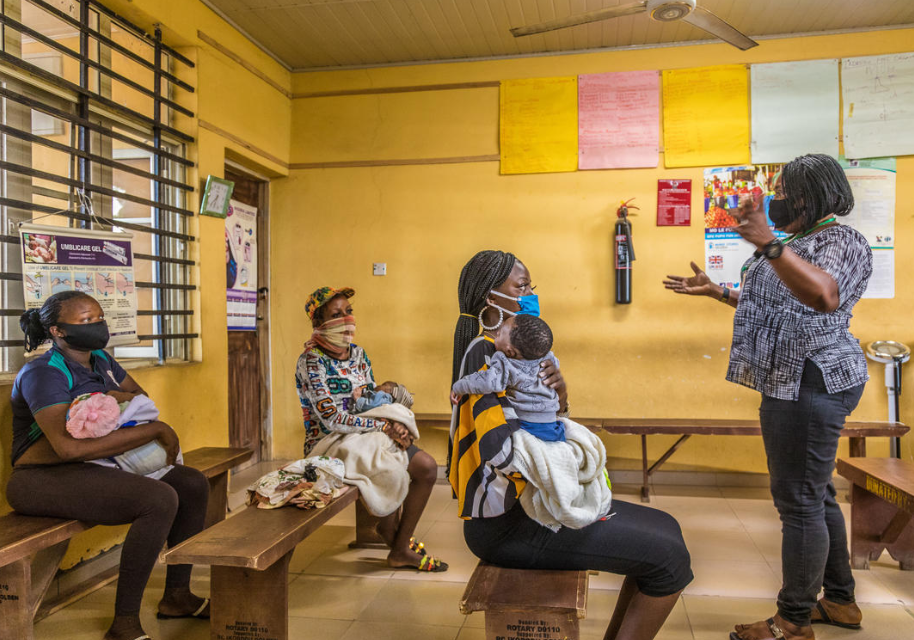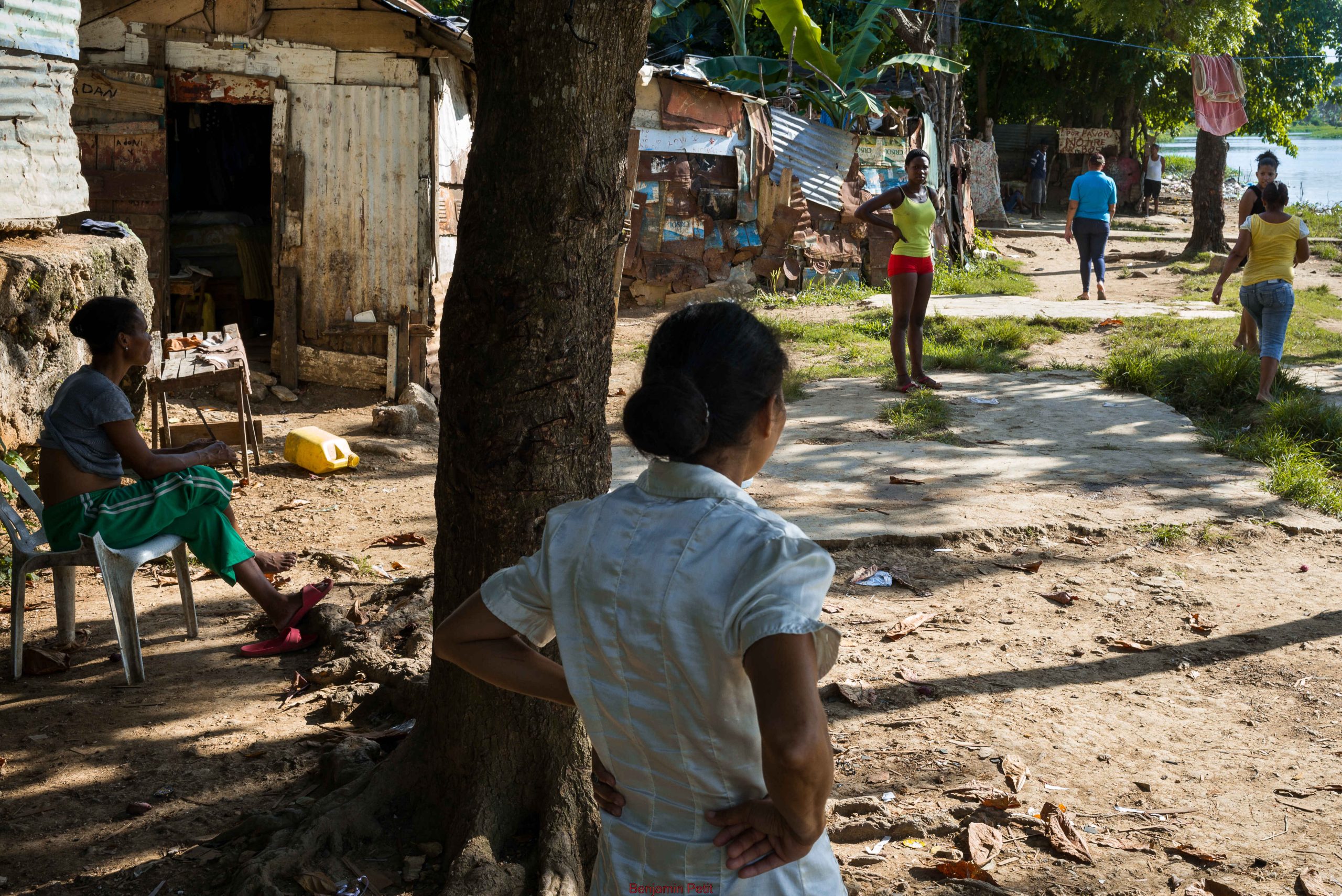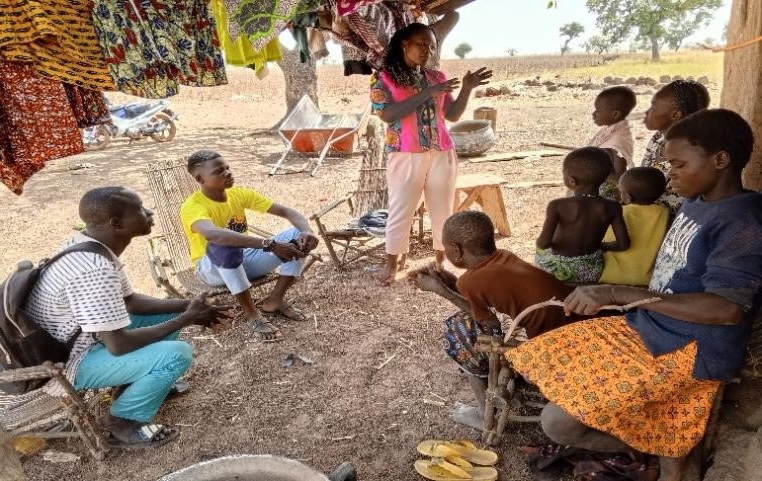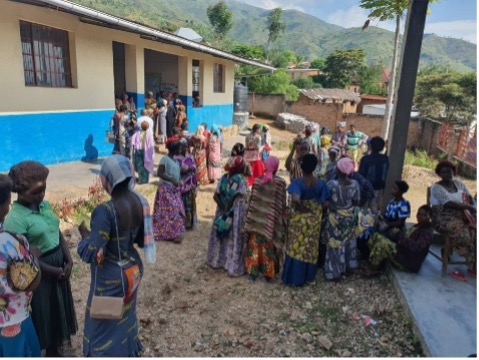The second phase of the project “Scale Up Cervical Cancer Elimination with Secondary Prevention Strategy” (SUCCESS) aims to reduce cervical cancer morbidity and mortality through an effective secondary prevention strategy. It focuses particularly on vulnerable women, notably those living with HIV.
Context
SUCCESS, led by Unitaid, addresses a major public health issue: cervical cancer caused by human papillomavirus (HPV), which primarily affects women living with HIV. These women are six times more likely to develop cervical cancer due to their weakened immune systems. However, this cancer is preventable through strategies such as HPV screening and treatment of precancerous lesions. SUCCESS 2 was launched in 2024. The project is expanding into four new countries (Benin, Burundi, Guinea, Togo). Meanwhile, the four countries that participated in SUCCESS 1 are supported in scaling up the project at the national level. Efforts focus on reducing barriers to prevention and care, mobilizing resources, and strengthening technical and community capacities.
Description
SUCCESS relies on integrated approaches with a special emphasis on community engagement, support for transition and sustainable scale-up. It involves the distribution of self-sampling kits for HPV screening and treatment of precancerous lesions by thermoablation. These prevention innovations are coupled with strategies to optimize internal and external laboratory systems, ensure smooth sample management, and maintain diagnostic quality. By placing women living with HIV at the heart of the project, SUCCESS aims to reduce inequalities in access to care and develop sustainable, context-appropriate solutions. The project also includes global, regional, and national advocacy to mobilize funding and influence public policies for secondary prevention of cervical cancer.
Impact
115,371 women have been reached for, including 66,580 women from the general population and 48,791 living with HIV. One of the key features of phase 2 is the care provided to certain confirmed cancer cases in the new countries funded by L’Initiative, namely Burundi, Benin, Togo, and Guinea.
